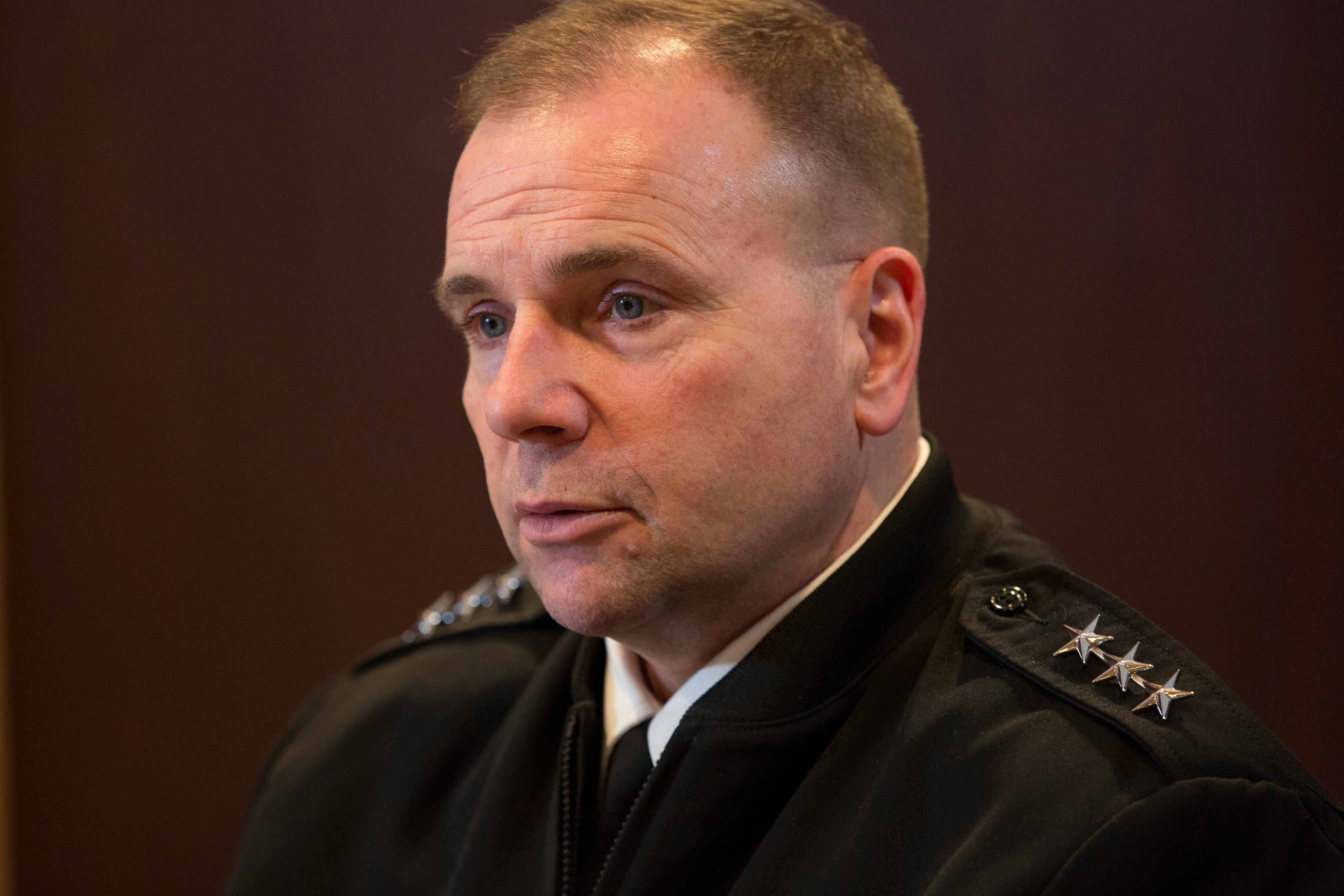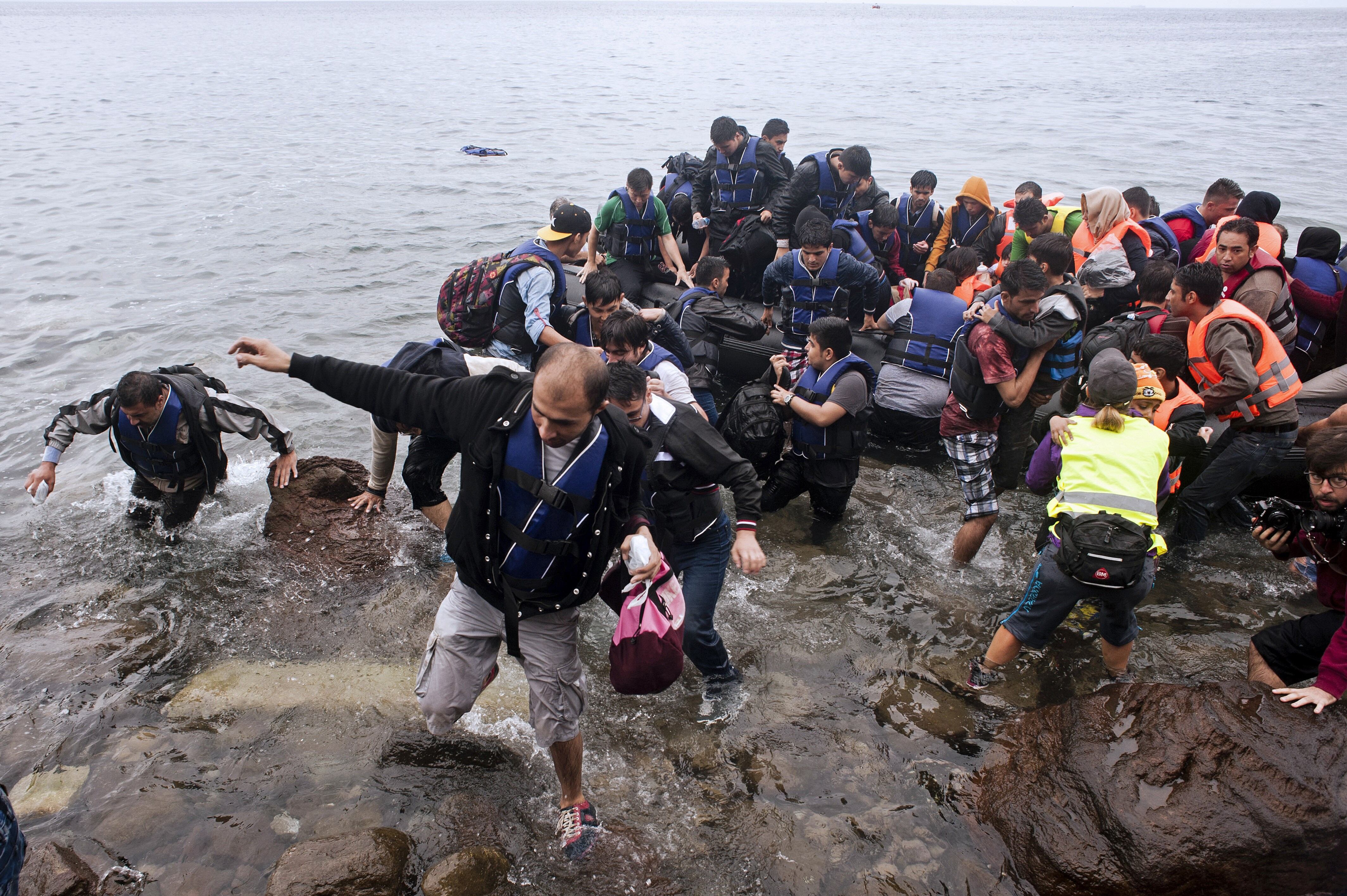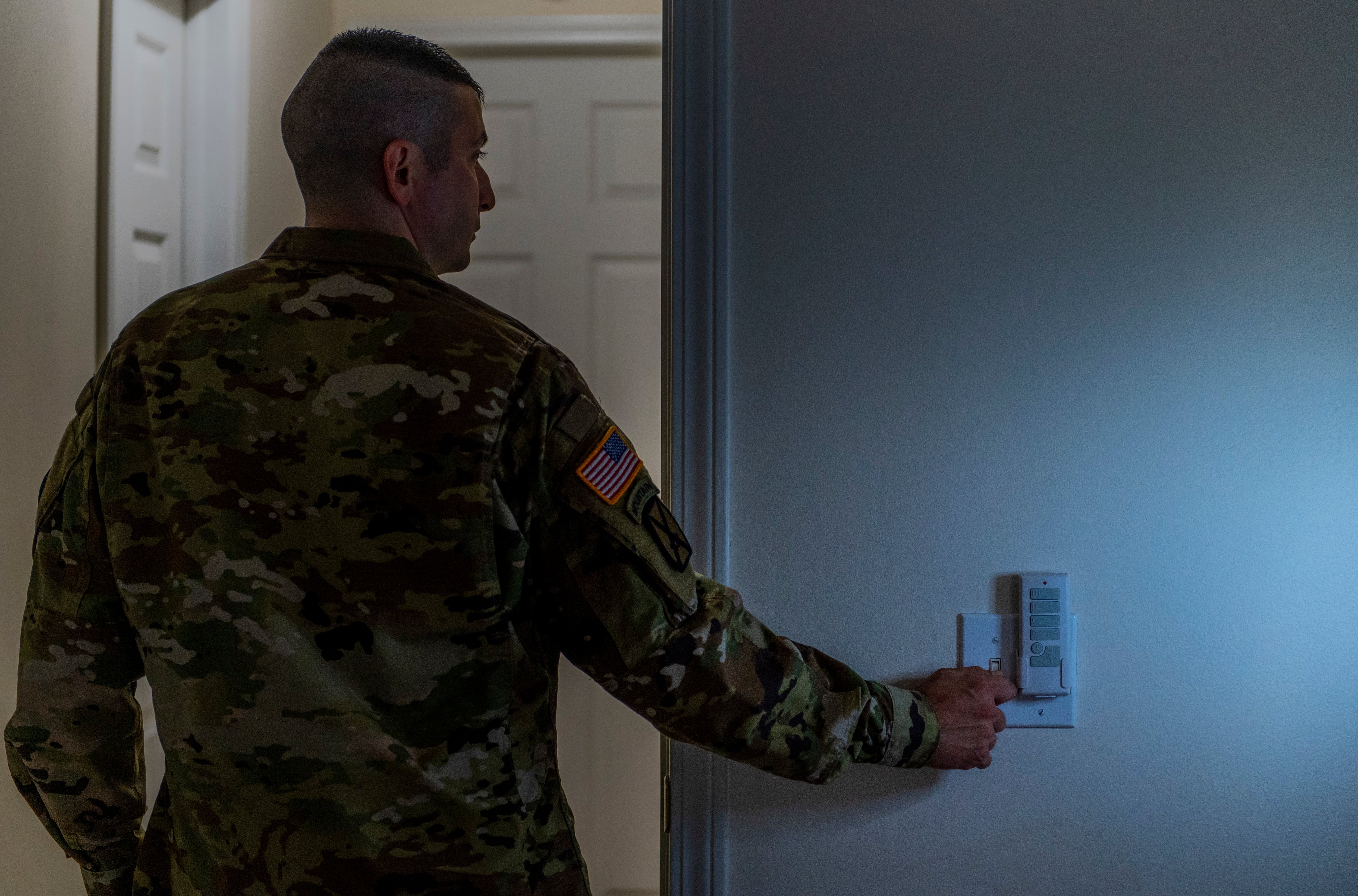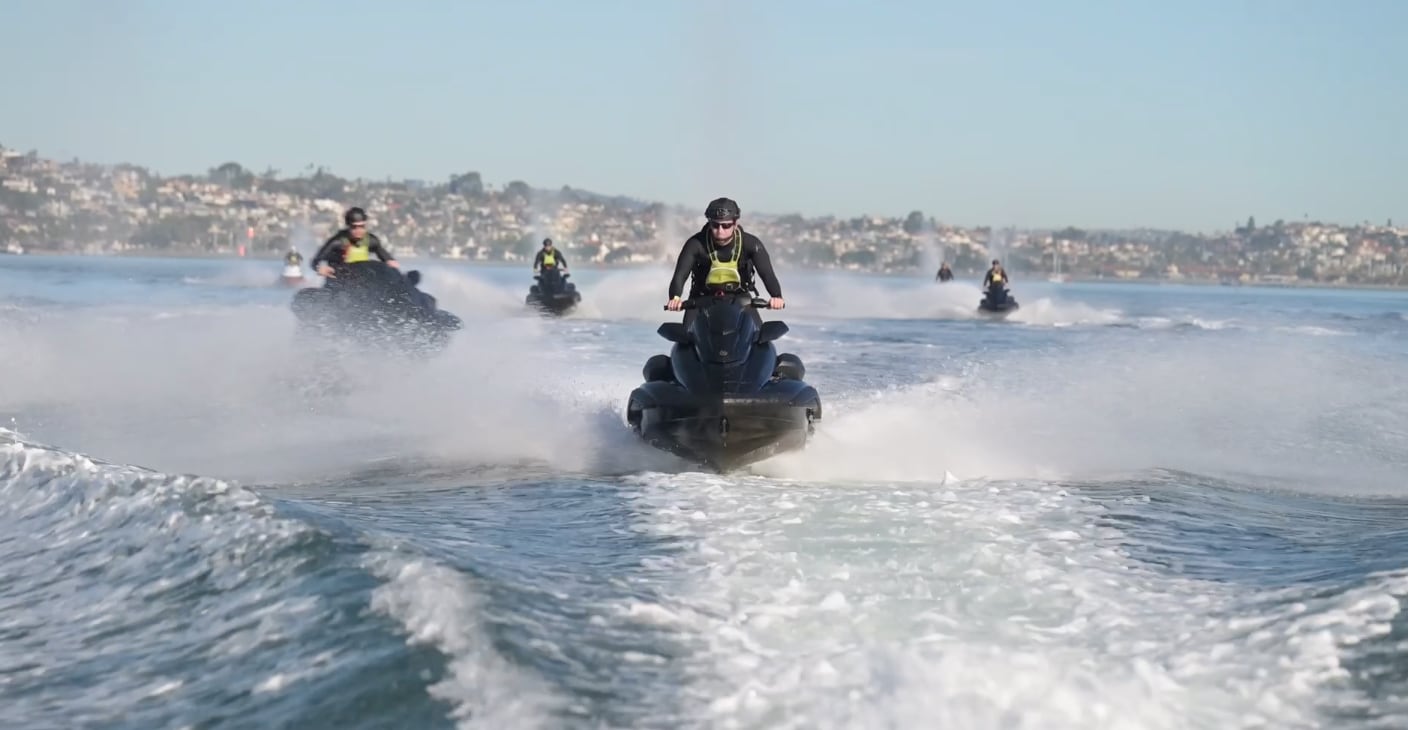After a 100 percent accountability check to make sure every soldier was safe after the deadly attacks in Paris, U.S. Army Europe is continuing its work to assure its allies and deter Russian aggression.
"Our mission for assurance and deterrence hasn't changed," said Lt. Gen. Ben Hodges, commanding general of Army Europe, adding that USAREUR soldiers also support operations in U.S. Africa Command and U.S. Central Command.
On Monday, soldiers will begin training the first of five army battalions from the Ukrainian Ministry of Defense.
"Of course what happened in Paris is going to affect a lot of people, and the French are doing exactly what you'd expect them to do to determine how this happened and how we prevent another one," Hodges said. "Of course it's great that Russia has at least indicated they plan to do more against [the Islamic State], but none of their behavior in Eastern Europe has changed. We can't be distracted by Syria and forget [Russia's actions] that we all agreed just a little over a year ago were completely unacceptable."
Last Friday's attacks in Paris killed 129 people and injured more than 300 others.

Lt. Gen. Ben Hodges is the commanding general of U.S. Army Europe.
Photo Credit: Alan Lessig/Staff
As authorities in France and elsewhere continue the hunt for those responsible for the attacks — including a deadly raid overnight and into Wednesday morning in a suburb of Paris — France's military has launched massive airstrikes on the Islamic State group's de-facto capital in Syria.
In the aftermath of Friday's attacks, USAREUR conducted an accountability check to make sure all of its soldiers were safe. There was a small number of American soldiers in France, including those assigned to the U.S. Embassy there as well as at the Rapid Reaction Corps-France, Hodges said. Still others were in France on a weekend pass.
Everyone was accounted for and safe, Hodges said.
"Of course everybody was calling their French friends," he said, offering condolences and pledges of support. "We all know each other now because of the last decade of being together in Afghanistan or Iraq or the Balkans. Everyone's been deployed with each other."
The mission for USAREUR continues, with the training of Ukrainian army units marking the command's next major event.
American troops have been training Ukrainian troops since April, but the units have been from Ukraine's interior ministry. On Monday, the training will expand to include active-duty Ukrainian soldiers.
Run by American, Lithuanian, Latvian, Canadian and British troops, the training will eventually include five Ukrainian battalions. The units will train one at a time, focusing on basic infantry company and battalion tasks.
The training should be completed by the end of 2016.
"That's a big deal," Hodges said. "That's the next phase of training for Ukrainian soldiers."
Another issue authorities are monitoring closely is the continuing crush of refugees fleeing the crisis in Syria, especially as tensions rise over concerns that terrorists may sneak into a country while posing as a refugee.
In recent days, at least two dozen U.S. governors have raised concerns or objections to accepting Syrian refugees in their states.
Last month, Hodges told Army Times that USAREUR was closely monitoring the refugee crisis in Europe and was prepared to help if needed.
"Of course there's going to be some anxiety by some people about refugees when they look at what happened" in Paris, Hodges said Wednesday. "But these are human beings, so there's a lot of sympathy still for dealing with it."

People wade through the water after getting off an inflatable boat onto the shore as migrants and refugees arrive under the rain on Sykamia beach, west of the port of Mytilene, on the Greek island of Lesbos after crossing the Aegean sea from Turkey on Sept. 23. EU ministers neared a compromise on plans to relocate 120,000 refugees at emergency talks despite deep divisions over how to handle Europe's worst migration crisis since World War II.
Photo Credit: Iakovos Hattzistavrou/AFP
In Germany, where USAREUR has its headquarters, many former U.S. facilities are being used to house refugees. The installations were returned to the German government in recent years as the U.S. consolidated its footprint in Europe.
"We see in Germany former U.S. facilities are being used by the German government. It's their property. They've got a lot of capacity," Hodges said. "I have confidence German leadership is going to help get this right. The [European Union] will eventually figure out how to do it."
There haven't been instances where refugee populations have been housed too close to U.S. troops, Hodges said.
"We worked really hard to make sure we have good relationships with local police. It's an important part of the protection of all our families and soldiers," he said. "We're not going to pull ourselves into the [forward operating base] and lock the gate. I am confident that we've got a good arrangement with the host nations on that."
When asked about the risk of terrorists sneaking in, Hodges said that has "always been a concern."
"That's not to be dismissed, but most of the people who committed these acts of terrorism in Europe were people who already lived here," he said. "What I'm saying is we don't want to overreact to that because the problem is already here."
Looking ahead, USAREUR plans to continue working with its NATO allies through training exercises and missions such as Operation Atlantic Resolve.
"We're going to work even harder and harder to get closer and closer to the alliance," Hodges said. "You have to keep moving, you have to keep going. All these things that were important before this happened are still important now."
Michelle Tan is the editor of Army Times and Air Force Times. She has covered the military for Military Times since 2005, and has embedded with U.S. troops in Iraq, Afghanistan, Kuwait, Haiti, Gabon and the Horn of Africa.





